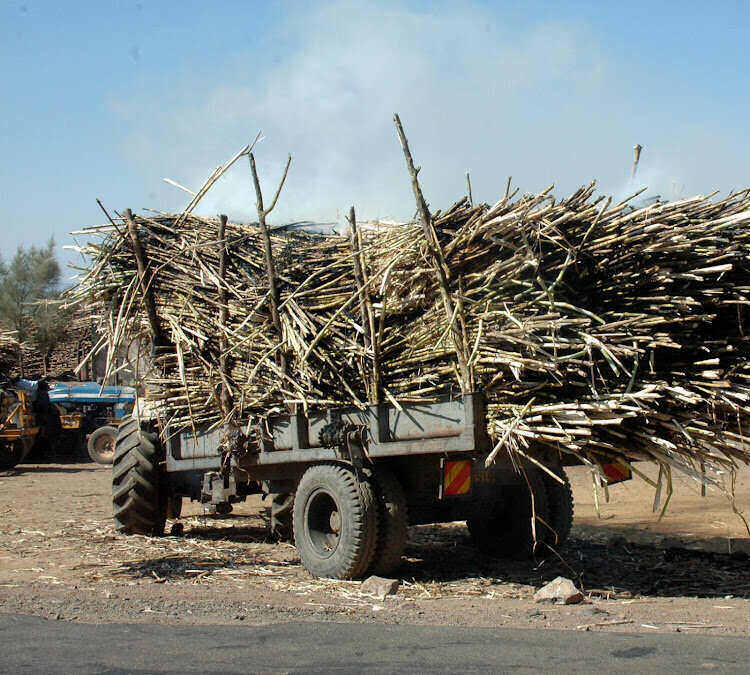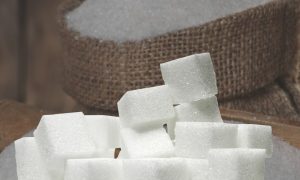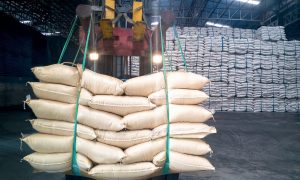Bangladesh: State-run sugar mills to begin sugarcane crushing in mid-November

Bangladesh’s state-run sugar mills are set to begin crushing sugarcane in mid-November, aiming to increase sugar production by 45% for the 2024-25 fiscal year. The Bangladesh Sugar and Food Industries Corporation (BSFIC) plans to produce 45,000 tonnes of sugar, up from 31,000 tonnes last year. Despite a boost in production, the corporation’s financial losses continue to rise, primarily due to the closure of six sugar mills in 2020. Bangladesh imports nearly 99% of its sugar, as domestic production remains insufficient.
State-run sugar mills are set to begin crushing sugarcane in mid-November, aiming to boost production by 45% year-on-year for the fiscal year 2024-25.
Nine mills under the Bangladesh Sugar and Food Industries Corporation (BSFIC) plan to produce 45,000 tonnes of sugar this year, up from around 31,000 tonnes in the previous year, according to official data.
“We have good sugarcane plantations this season,” said BSFIC Secretary Md Anowar Kabir.
This increase in production comes at a time when inflation remains high, and consumers are facing prices of at least Tk 135 per kilogram of sugar in Dhaka.
The BSFIC aims to crush 750,000 tonnes of locally grown sugarcane this season, starting with the North Bengal Sugar Mill on November 15. In the previous season, the BSFIC processed just over 600,000 tonnes of sugarcane. If the target is met, it will represent the highest production in four years.
In FY23, sugar output from state mills fell to a historic low of 21,000 tonnes. However, the BSFIC managed to prevent further declines and increase overall production in the following year.
Despite the production boost, the corporation’s financial losses continued to rise, reaching Tk 571 crore in FY24, up from Tk 532 crore in the previous year. The primary cause for the rising losses was the closure of six sugar mills in December 2020, part of an effort to reduce the financial burden on the state.
Bangladesh requires about 2.4 million tonnes of sugar annually. Due to limited domestic sugarcane production, imported sugar accounts for nearly 99% of the country’s total sugar consumption. Five private refiners import raw sugar, mainly from Brazil, for local processing and distribution.
Source Link : Chinimandi
















